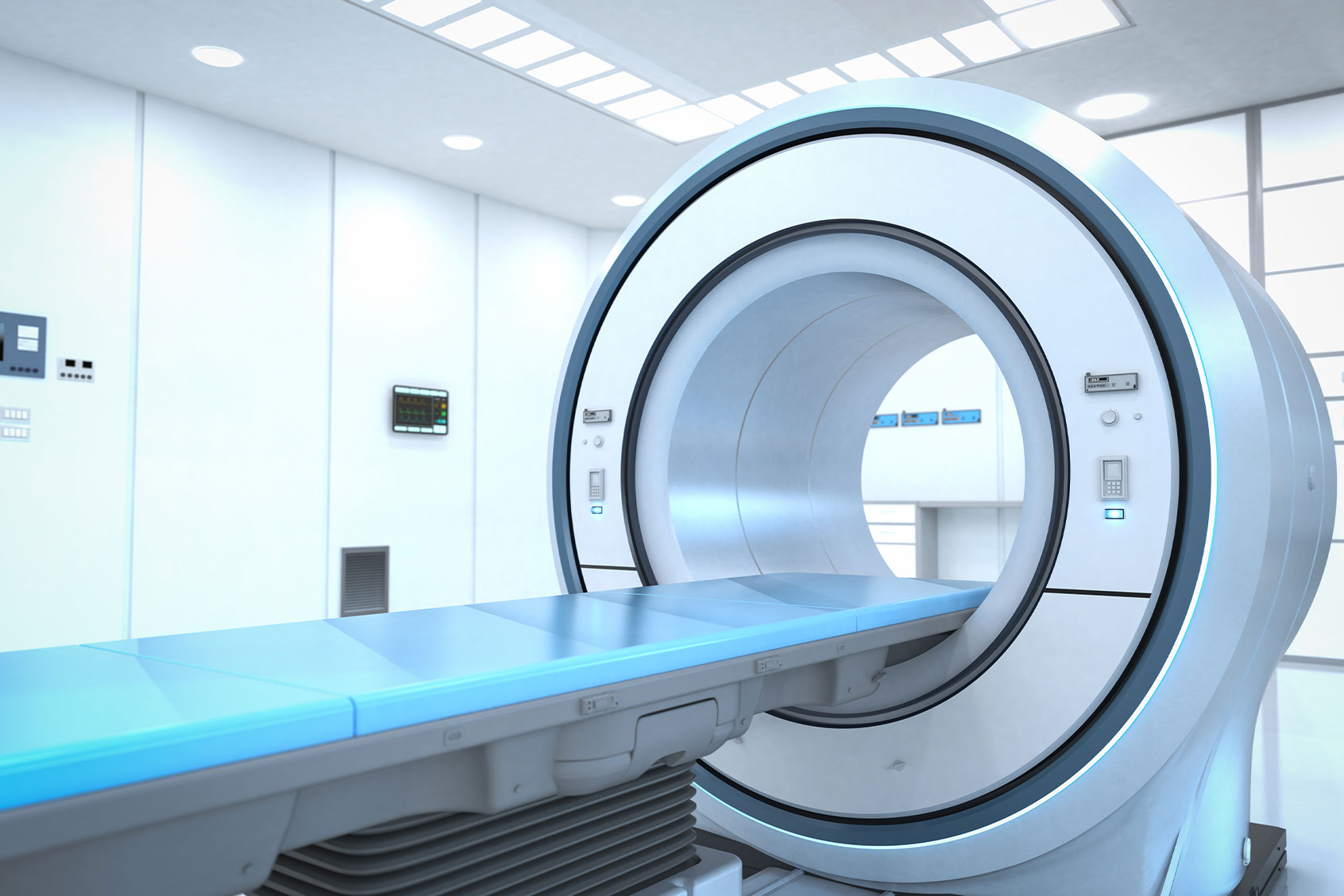The MRI machine is one of the greatest achievements of modern medical imaging. Short for magnetic resonance imaging machine, MRIs are essentially magnets that look like giant tubes and use radio waves to take extremely detailed images of your inner organs. MRIs are so common that today they are used to diagnose everything from cancers and organ injuries to concussions (which, some argue, they should not be used for). They are valued both because of the accuracy of their images and because, unlike computerized tomography (CT) scans, MRIs do not expose patients to radiation. In other words, they have revealed and saved thousands and likely millions of lives by peering into the body in ways that only a surgeon could do before.
What if all the MRI scanners on Earth suddenly stopped working?
Yet what if all the MRI scanners on Earth suddenly stopped working? This isn’t a thought experiment; experts believe that they may indeed happen, and for a reason you might not expect: We are facing a shortage of helium, the first noble gas and an element perhaps best known for its utility in party balloons. In addition to making your voice sound high-pitched and funny when you inhale it, however, helium can also play a vital role in allowing MRIs to function.
Why could a helium shortage suddenly affect our ability to create MRI images? It all comes down to keeping things cool — literally.
MRI machines use superconducting magnets to take high-resolution images of the inside of your body in slices, like loaves of bread. Each scanner includes magnetic coils that, in order to be superconductive, must be cooled to the point that an electric current is capable of running through them. That, in turn, allows the MRI scanners to create the high-intensity magnetic fields necessary to function properly. Liquid helium is essential because it cools the coils to the point that the current can run through it. As such, they are vital to the design of MRI machines that are used all over the world.
Unfortunately, liquid helium is a limited resource. It is also a popular one, procured for everything from rockets and weather balloons to various aviation projects. As anyone familiar with the ongoing supply chain crises can tell you, this is a serious problem.
Want more health and science stories in your inbox? Subscribe to Salon’s weekly newsletter The Vulgar Scientist.
“Helium has become a big concern,” Mahadevappa Mahesh, a professor of radiology at the Johns Hopkins School of Medicine Baltimore, told NBC News. “Especially now with the geopolitical situation.”
There are many issues with the existing helium reserves. Aside from the fact that there is a limited amount of liquid helium in the ground, there is also the fact that America’s federal helium reserve in Texas is dwindling and tied up in attempts at privatization. In January there was a fire at an eastern Russian helium facility, further compromising access to helium in the United States, and that was before Russia’s invasion of Ukraine.
These machines not only “recycle what is there, but very little helium is stored in the device.”
“Liquid helium, the coldest element on Earth, is invaluable for hospitals that use MRI scans to detect cancer, spinal cord injuries and liver diseases,” wrote Becker’s Hospital Review, a leading magazine about the hospital industry. The publication reiterated the importance of liquid helium to MRIs, emphasizing that “liquid helium is necessary to keep the magnetic current at an extremely cold temperature,” and was ominous about the prospect of liquid helium becoming scarce.
Not everyone is pessimistic about the helium crisis. Dr. Lawrence L. Wald Ph.D., a professor of radiology at Harvard Medical School’s A.A. Martinos Center for Biomedical Imaging, told Salon by email that the industry is adapting to the crisis. “MRI technology has already adapted to the helium shortage in that scanners produced for the last ~5 years do not consume significant quantities of helium,” he noted. Likewise, while current MRI machines do use up to 1000 liters of helium in their cryostats, “they do not let it evaporate as they did a decade ago; they recycle it. Therefore there is no need to regularly fill these scanners,” which are known as “‘zero boil-off’ magnets.” (Although technically, the amount of helium boil-off is not zero — just much lower than before.)
Wald also described a “next generation of magnets” that is coming soon to new MRI machines, and which will use even less helium. These machines not only “recycle what is there, but very little helium is stored in the device. The amount of helium contained in the magnet is less than 20 liters and it is recycled in the same way as above (and thus does not need regular filling).” He cited as examples of more efficient MRI scanners models currently sold by Phillips, Siemens and General Electric.
In other words, the medical industry is innovating its way out of a helium shortage. Soon, Wald thinks, it will be a non-issue.
“I do not see any significant impact on clinical MRI due to the helium shortage thanks to these advances in cryogenic technology; helium is becoming less and less relevant,” Wald concluded. “We will depend more and more on cryo-coolers for getting the magnets cold and less and less on helium.”
Of course, there are still hundreds of older MRI machines operating today using older, more helium-intensive technology — meaning the helium shortage problem may go away eventually, but we are not there yet.

